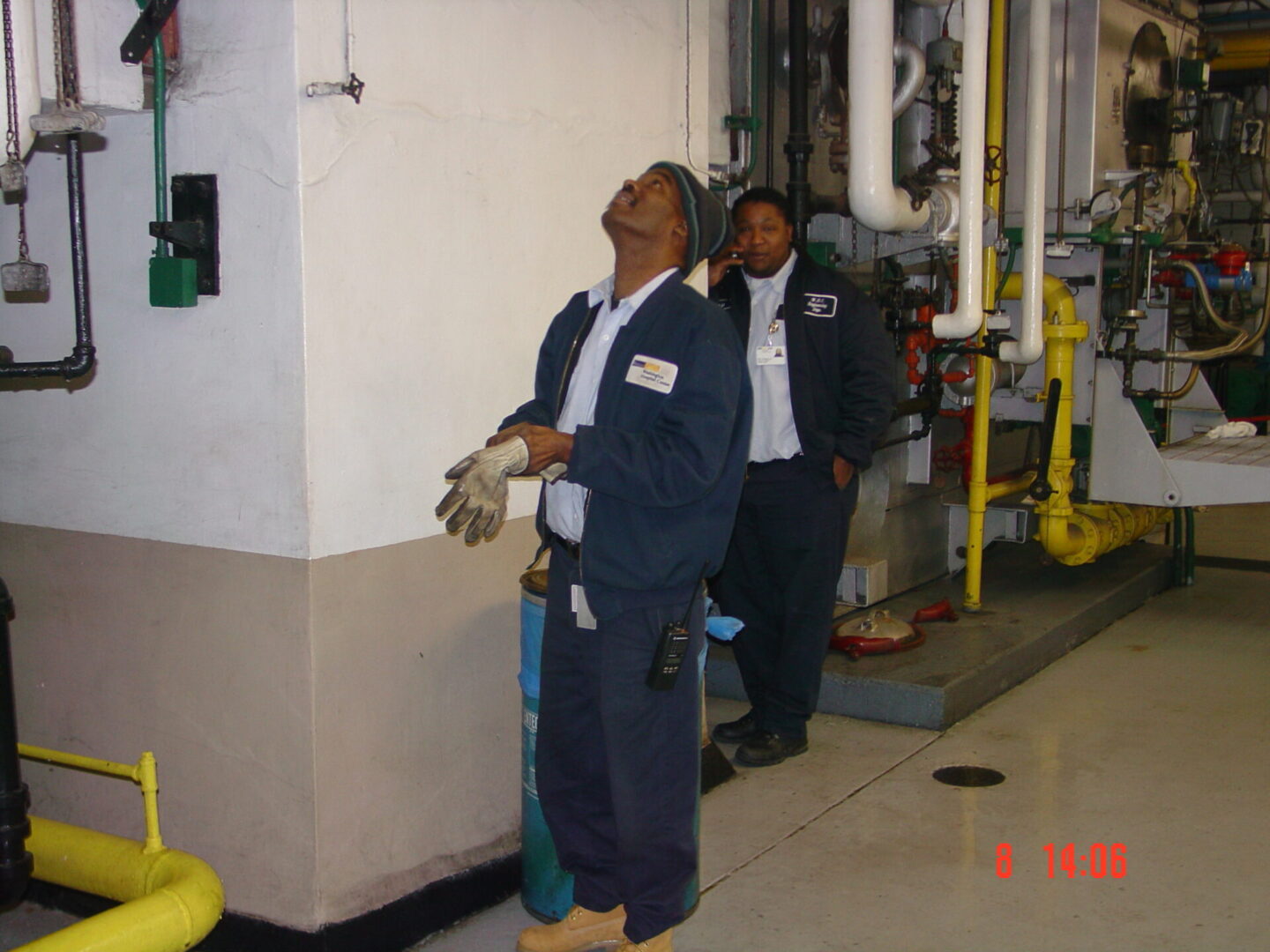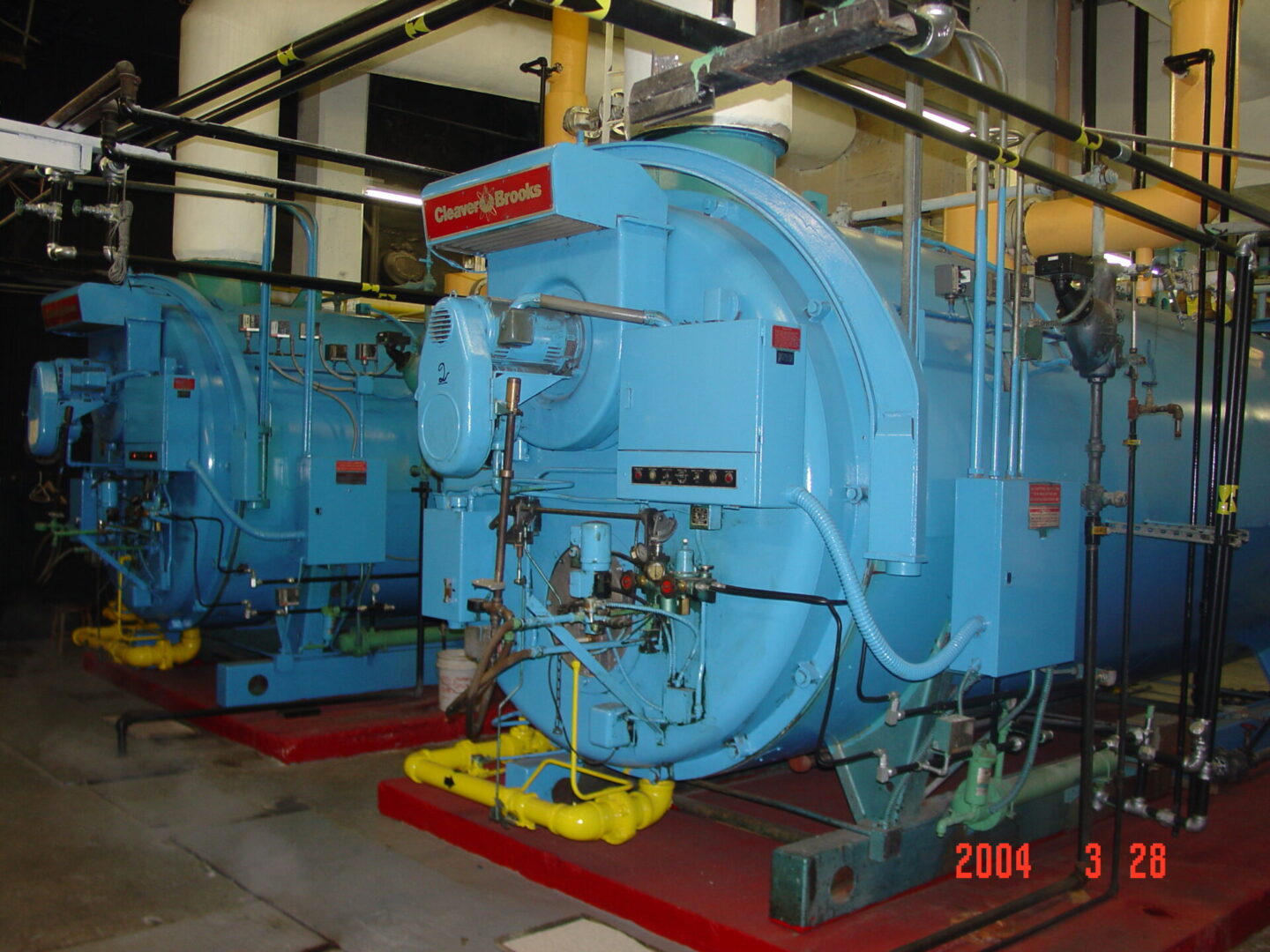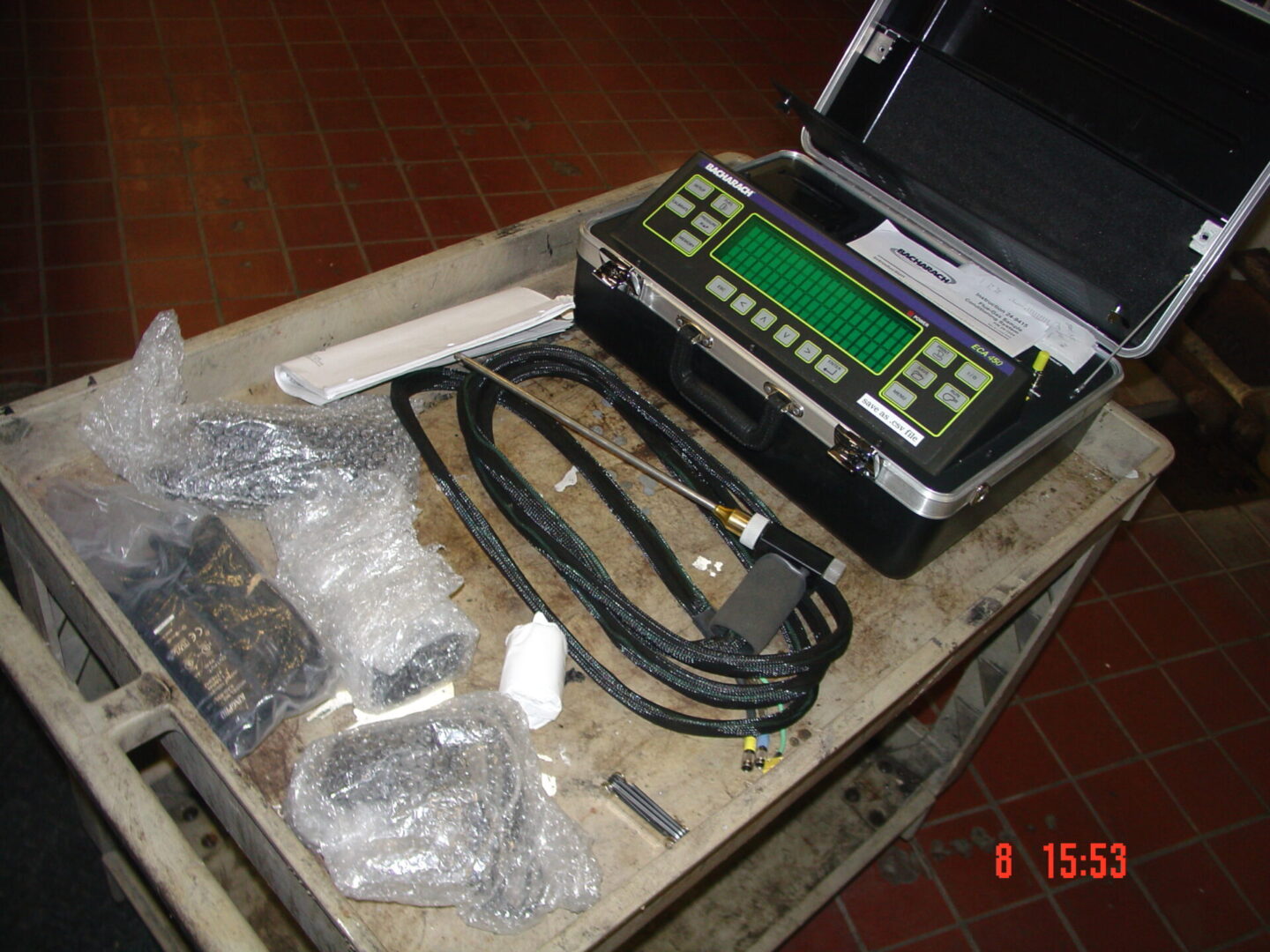
Join Us for Engaging Live Sessions
At First Class Operations, our courses are designed to provide a comprehensive learning experience through weekly live Zoom meetings. Spanning approximately 8 months, our classes are structured to cover all essential aspects of facilities operations training and engineering. Classes are held every Thursday from 7:00 PM to 9:00 PM EST, starting January 2025.
Flexible Registration and Subscription Options
We offer multiple options for enrollment to suit your needs. You can choose to pay per week or session for access to our courses, or pre-pay for the entire course upfront for extended access. By subscribing, you will receive a link that grants you access to each class, allowing you to participate actively in the learning process.


Interactive Learning Experience
Attending our live sessions allows you to engage directly with our instructors, ask questions in real time, and gain valuable insights that will enhance your understanding of the subject. This interactive format ensures that you receive personalized support throughout your educational journey.
Our Focus on Expertise
Facilities Operations
Facilities operations encompass the strategic oversight and upkeep of an organization’s physical assets, such as buildings, grounds, equipment, and systems. The primary focus is on maintaining safety, efficiency, and regulatory compliance across all facilities. Essential elements of facility operations include regular maintenance, repairs, cleaning services, security protocols, energy management practices, and effective space planning. The aim is to create a functional and comfortable environment for employees, customers, and visitors while maximizing resource utilization and minimizing operational expenses. Ultimately, effective facilities operations are vital to enhancing an organization’s overall productivity and sustainability.
Boiler Operation Engineering
A boiler engineer is an essential professional tasked with the operation, maintenance, repair, and safety oversight of boiler systems that deliver heating, hot water, or steam across diverse environments, including industrial facilities, commercial establishments, and residential properties. Their responsibilities encompass monitoring and evaluating boiler performance, diagnosing and resolving issues, performing routine maintenance, and ensuring adherence to safety regulations and standards. To be effective in their roles, boiler engineers need a comprehensive understanding of mechanical systems, thermodynamics, and applicable codes. Many hold specialized boiler system certifications or licenses, enabling them to operate and maintain boiler equipment in a safe and efficient manner.
Chiller Operation Engineering
A chiller plant engineer is a highly specialized expert dedicated to the operation, maintenance, and optimization of chiller plants, which serve to cool large structures, industrial sites, or campuses. Their role involves monitoring and fine-tuning chiller performance, diagnosing mechanical and electrical problems, performing routine maintenance, and ensuring that operations are energy efficient. To excel in this position, chiller plant engineers must possess an in-depth knowledge of refrigeration cycles, HVAC systems, and control mechanisms, along with a solid grasp of safety standards and regulations. They are vital in maintaining dependable cooling solutions, enhancing energy efficiency, and promoting the longevity of systems across various applications.
Preventive Maintenance
Preventive maintenance in engineering encompasses the systematic inspection, servicing, and maintenance of equipment, machinery, and systems to avert unexpected breakdowns and prolong their operational lifespan. This proactive strategy includes regularly scheduled activities such as cleaning, lubrication, adjustments, part replacements, and performance evaluations to detect potential issues before they escalate into serious problems. The primary aim of preventive maintenance is to ensure peak functionality, improve safety, reduce downtime, and lower repair expenses by tackling issues early. This methodology is essential for guaranteeing the reliability, efficiency, and durability of assets across diverse engineering and industrial environments.
Basic Electrical
Electricians in facilities engineering services specialize in the installation, maintenance, repair, and enhancement of electrical systems and equipment throughout a building or facility. Their responsibilities encompass diagnosing and resolving electrical problems, conducting regular inspections, and replacing defective components while ensuring that all systems adhere to safety regulations and electrical codes. They manage various tasks, including wiring, lighting design, power distribution, emergency power systems, and control systems, thus playing a vital role in maintaining a dependable and continuous power supply while improving the safety and operational efficiency of the facility.
Essential HVAC Technician Responsibilities
HVAC technicians in facilities engineering services are tasked with the installation, upkeep, repair, and fine-tuning of heating, ventilation, and air conditioning systems in buildings and facilities. Their responsibilities involve diagnosing and troubleshooting HVAC issues, conducting regular maintenance checks, replacing malfunctioning components, and optimizing controls for energy efficiency, all while ensuring that systems function safely and efficiently. They handle a diverse range of equipment, including furnaces, air conditioners, chillers, boilers, and ventilation systems. HVAC technicians are essential for maintaining a comfortable and healthy indoor environment, ensuring optimal air quality, and maximizing energy efficiency within facilities.
Building Automation
Building automation within facilities engineering services utilizes advanced automated systems and technologies to oversee and regulate a building's mechanical, electrical, and plumbing infrastructures, including HVAC, lighting, security, and energy management. This automation aims to improve operational efficiency, enhance comfort, and bolster safety by enabling centralized control and real-time monitoring, which facilitate automatic adjustments based on factors like occupancy, scheduling, or environmental changes. These systems are instrumental in minimizing energy usage, reducing operational expenses, and enhancing system reliability while also delivering valuable data insights that support proactive maintenance and informed decision-making. Ultimately, building automation plays a crucial role in fostering sustainable and optimized facility management.
Exclusive Engineering Insights
Stay informed and grow your engineering knowledge with our exclusive resources. From industry updates to technical guides, our blog is designed to provide you with valuable insights and tools to support your learning. Whether you're in the course or just looking to expand your skills, you'll find everything you need in one place.



Your Essential Engineering Guidebook
Our engineering guidebook is the perfect companion to our courses, offering in-depth knowledge and practical guidance on everything from basic electrical systems to building automation. Ideal for both beginners and professionals, the book is designed to help you succeed in the field.